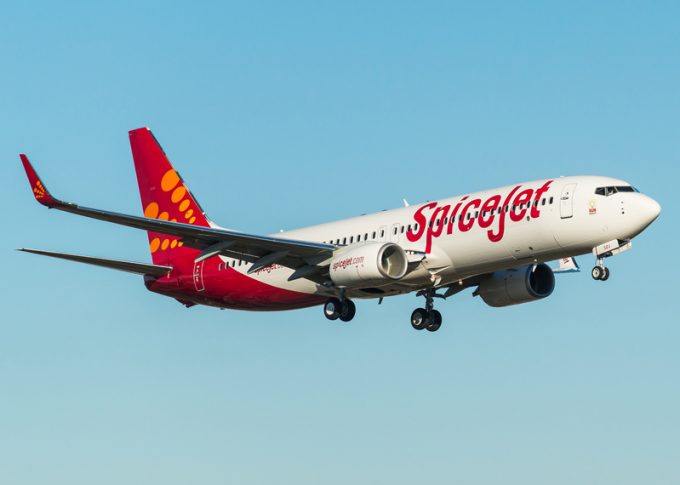CU Lines developing shortsea routes to serve Red Sea and Indian subcontinent
Chinese regional carrier China United Lines (CULines) is expanding its presence in the Persian Gulf, ...

India’s airlines and airports need more international cargo to meet the country’s ambitious throughput targets, say stakeholders.
The goal for India’s airports is to handle 10m tonnes of cargo a year by 2027 – almost triple the current rate.
And Sanjiv Gupta, CEO of cargo carrier SpiceXpress, cautioned that domestic cargo alone wouldn’t be enough, adding on a webinar by Transport Logistic: ““We have to change our approach and become the preferred transhipment hub between South-east Asia and and the west.”
SpiceXpress, the cargo ...
Volcanic disruption at Anchorage could hit transpacific airfreight operations
Shippers snap up airfreight capacity to US ahead of tariff deadline
New price hikes may slow ocean spot rate slide – but for how long?
Tighter EU import requirements proving 'a challenge' for forwarders
Supply chain delays expected after earthquake hits Myanmar
Forwarders stay cool as US 'liberation day' tariffs threaten 'global trade war'
Looming Trump tariffs will create 'a bureaucratic monster' for Customs

Comment on this article